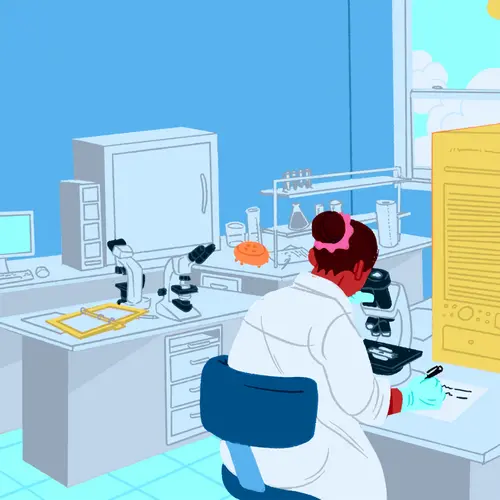Chemotherapy just may be more notorious for its side effects than for its life-saving potential. Fortunately, after years of experience with chemo drugs, doctors and patients have found ways to manage common side effects. A few are outlined below.
Though chemotherapy drugs can cause dozens of unwelcome side effects, the trinity that usually comes to mind is:
Fighting Chemotherapy Fatigue -- And Winning
Fatigue: One survey found that 76% of people treated for various forms of cancer frequently felt fatigued -- for some the kind of persistent exhaustion and weakness that makes it hard to do everyday activities.
Making matters worse, chemotherapy can decrease red blood cell counts, causing anemia, which in turn causes fatigue.
While drugs can stimulate the production of red blood cells, the problem may be more complex, says James Rigas, MD, director of the Comprehensive Thoracic Oncology Program at the Norris Cotton Cancer Center in Lebanon, N.H.
For some patients, "it's not just anemia. Correcting their anemia is not making their fatigue go away," he tells WebMD.
No matter what the cause, you don't have to let fatigue get the best of you. To cope, try attending to the highest priorities in your life first. Don't waste energy on unimportant things -- and be sure to accept help from family, friends, and neighbors.
And get plenty of rest during your treatment, though being too inactive can make things worse, says the American Cancer Society. An exercise program can help some, but check with your doctor to see if that's right for you.
No Nausea During Chemotherapy? It's Possible
Nausea is second among the dreaded trinity of chemotherapy side effects, with the most commonly used chemotherapy drugs causing nausea and vomiting 60% to 90% of the time.
The arsenal for tackling chemo-induced nausea can include:
Anti-nausea drugs. In recent years the choice of such medications has grown, and whether taken before chemotherapy by IV or as a pill, they can control nausea and vomiting very well. Most people experience relief for the first 24 hours after chemotherapy and about 45% for the first five to seven days of treatment.
Ginger. The spicy bite of ginger may also help manage nausea and vomiting, reports the National Cancer Institute. To test this theory, researchers at the University of Michigan are currently seeking people undergoing chemotherapy to take part in a ginger clinical trial.
Guided imagery. This meditative practice involves imagining a pleasant, relaxing place in your imagination -- your favorite vacation spot for example. By focusing on what you usually feel, see, hear, and taste in this place, you can block negative physical sensations.
Eat through it. Nausea not only makes you feel bad, but it can also ruin your appetite. Yet good nutrition is crucial for people fighting cancer. When you can't manage big meals, nibble throughout the day on healthy snacks, or sip on juice and soup. On days when you have a good appetite, by all means, eat!
Speaking of eating: Mouth sores can also be a problem for some people going through chemo and the sores may be sensitive to spices, salt, citrus, and crunchy foods -- jalapeno-lime flavored tortilla chips might not be the best snack choice right now!
Last in the Terrible Triad: Hair Loss From Chemotherapy
Hair loss is the third of the infamous side effects people often associate with chemo. Though the core chemo drugs for lung cancer, cisplatin and carboplatin, don't usually cause this problem, other drugs used in combination with them may cause hair loss.
To help lessen hair loss from chemotherapy:
- Use a gentle shampoo.
- Set your hair dryer on low heat.
- Don't set your hair with brush rollers.
- Avoid chemical or heat processes on your hair.
How you deal with hair loss depends on your personal style. Some go for the bald look. Others wear a scarf, bandana, or cap.
Wigs and hairpieces are an option, too. To find a wig that closely matches their normal hairstyle, some people choose a wig prior to losing their hair. Ask your doctor to write you a prescription for a "hair prosthesis" and insurance may cover part or all of the cost of a wig.
Coping with chemotherapy's side affects can seem daunting, but with knowledge and maybe a little experimentation, you can cope -- and thrive.

